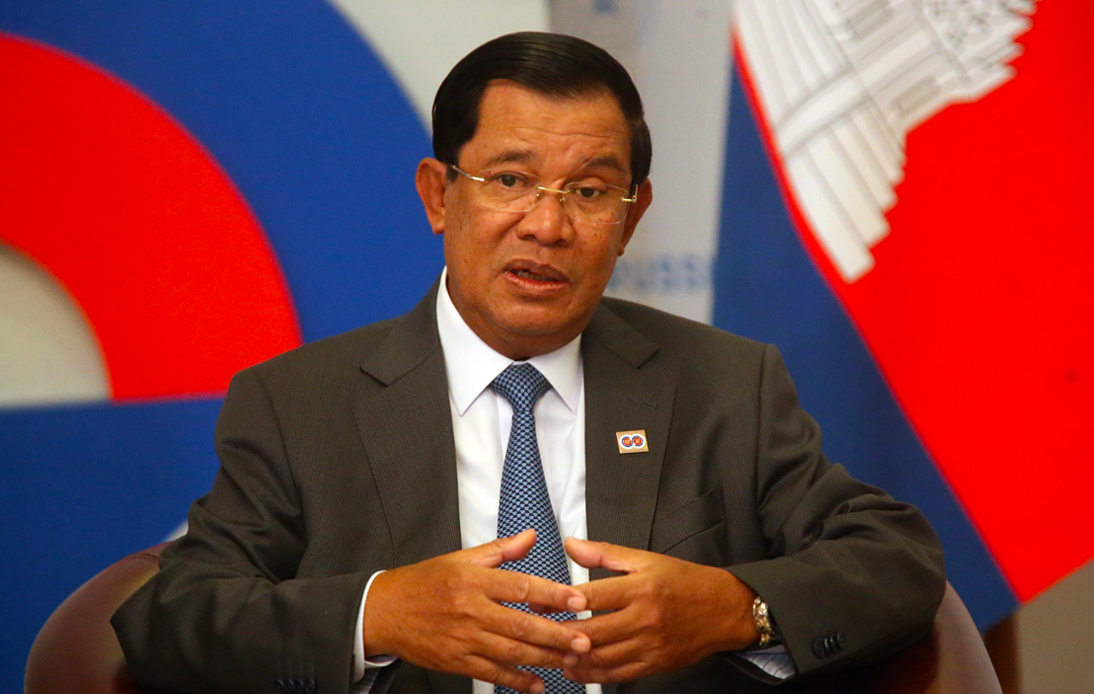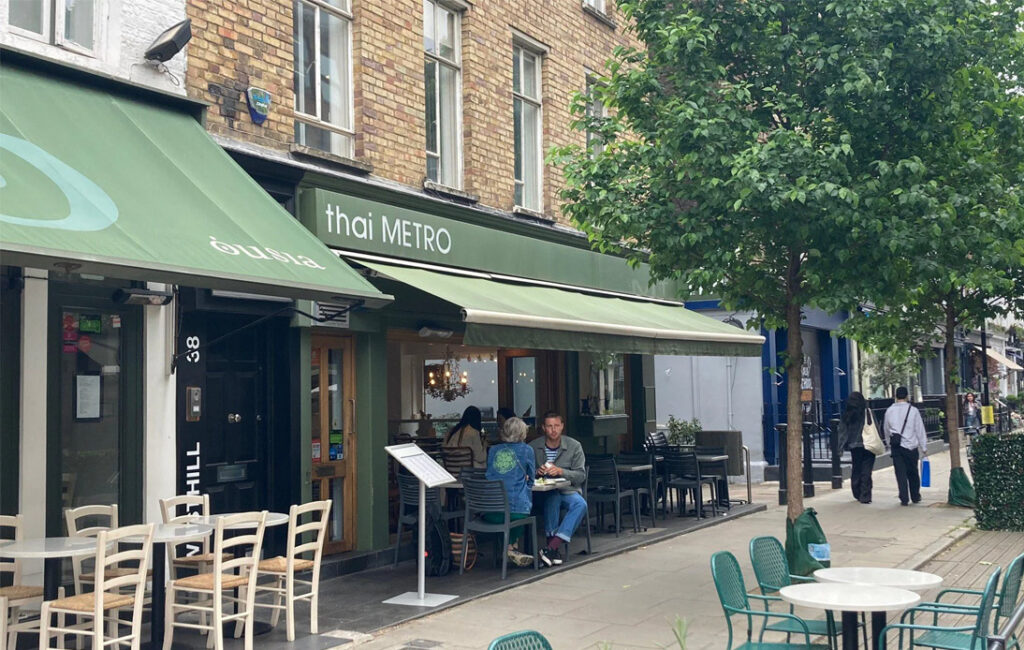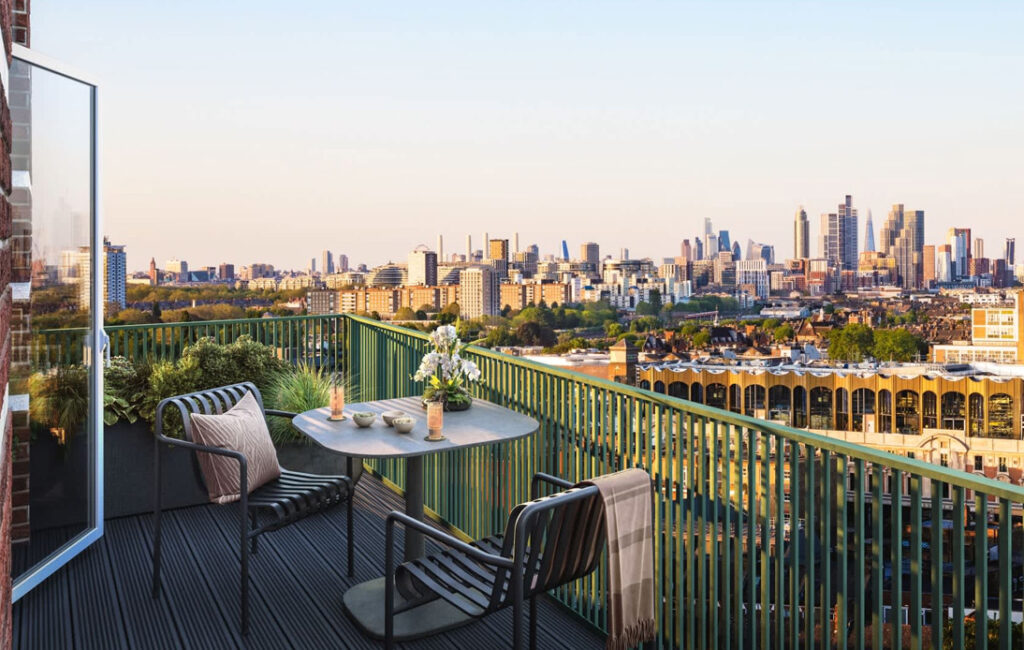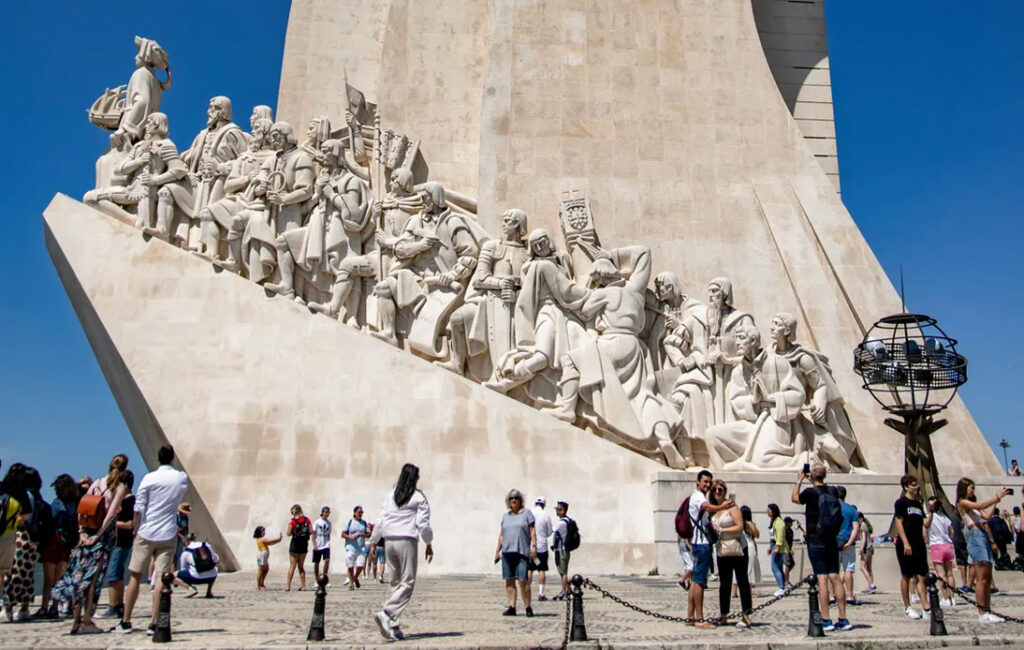
The primary opposition to Cambodia’s enduring leader, Hun Sen, has been the Candlelight Party. Yet, it has been prohibited from participating in the upcoming July election.
On Monday, the Candlelight Party was ruled ineligible by the electoral commission due to incomplete paperwork.
Party members had been warned for several weeks that bureaucratic hurdles were blocking their efforts.
Critics have voiced that Hun Sen has once more eliminated any genuine competition for the second consecutive election.
In 2018, the Cambodian People’s Party, led by Hun Sen, claimed all 125 seats in the National Assembly. This was due to the dissolution of the main opposition group, influenced by political courts.
The Candlelight Party, formed from the remains of the dissolved opposition, challenged Hun Sen’s rule, winning only 22% of votes in last year’s local commune elections.
Candlelight Party leaders revealed on Monday their intention to contest the National Election Committee’s decision.
Party secretary Kong Monika commented, “It is a disappointing outcome. However, we will appeal to the Constitutional Council.”
Earlier this month, senior party officials said that they were facing difficulties in their attempts to register for the election.
They mentioned that they encountered new documentation rules, despite successful elections last year.
Cambodia, recognized as one of the poorest nations in Asia, conducts general elections every five years.
Hun Sen, among the longest-serving leaders worldwide, has maintained a strong grip on power for 38 years.
At 70, the Prime Minister is viewed as an authoritarian with a substandard human rights record, equipped with the resources and determination to suppress any substantial political opposition.
Members of Candlelight have reported numerous public attacks by masked individuals this year. Some incidents occurred after party meetings and one followed a visit to the UN’s human rights office in Phnom Penh.
Hun Sen’s pressure on Candlelight also followed his marginalization of potential opposition leader, Kem Sokha, in March. Sokha was handed a 27-year house detention sentence on charges that rights organizations deemed fabricated, effectively excluding him from the July elections.
This overly severe verdict elicited global criticism from Western nations and human rights organizations.
The UN Human Rights Commissioner noted that Hun Sen’s administration “continues to suppress political opposition and independent media…. these actions seriously undermine the civic and political space, including the environment for free and fair elections in July”.
In February, Hun Sen directed the closure of the country’s sole prominent independent news platform, the only source to publish government-critical news.
During the previous 2018 election, he utilized the politically influenced Supreme Court to dissolve the Cambodian National Rescue Party (CNRP) a year prior to the election.
Analysts opine that the rising popularity of CNRP had threatened Hun Sen’s power – the party had gained at least 44% of votes in 2013 and 2017 elections.
Alongside the order to dissolve the party, Hun Sen leveraged the courts to charge approximately 100 opposition party members with treason, causing numerous leading figures to seek exile.
Subsequently, he secured every seat in the National Assembly, effectively transforming Cambodia into a single-party state.
Although the Candlelight Party, still in its infancy, posed a relatively minor threat this year, political analysts suggest Hun Sen has taken measures to suppress any potential threat.
This comes as he has hinted at a potential power transition to his eldest son following the 23 July vote.
After the atrocities of the Khmer Rouge regime, Cambodia was aided by the UN and Western nations in its transition to a liberal democracy in the 1990.




















